|
On the day earmarked to celebrate the earth’s biodiversity we’re publishing articles that point to the successes and challenges facing Africa as it tries to protect species as well as spaces.
A major challenge is how to protect the continent’s dwindling elephant populations. There’s little consensus on how to bring the trade in ivory under control. Some argue that only a full ban can do the trick. Others that allowing some trade is the way to go. Katarzyna Nowak, Benezeth Mutayoba, Phyllis Lee and Ross Harvey offer a way forward that could help the two opposing camps find one another.
The continent also faces serious water crises. While the world’s attention has been on the drought in Cape Town, Melissa McHale, David Bunn and Eddie Riddell unpack research into water shortages faced by rural communities in South Africa. We also feature a number of articles from our archives.
South African master musician Philip Tabane resisted genre pigeonholes with his free spirited music. He was also the proverbial prophet though sadly recognised abroad more than at home during the 1970s and 1980s. In her tribute, Gwen Ansell recalls that during apartheid his music gained international attention, but was hardly heard at home.
|
Top stories
|
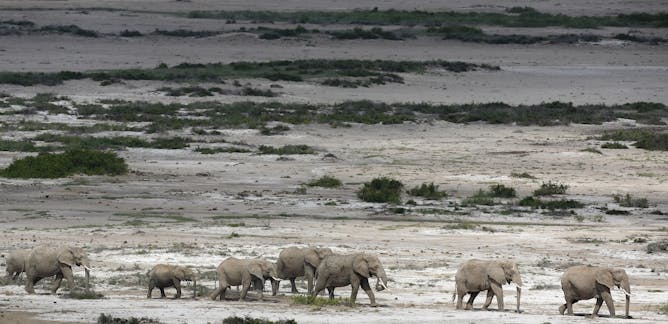
Katarzyna Nowak, Durham University; Benezeth Mutayoba, Sokoine University of Agriculture; Phyllis Lee, University of Stirling; Ross Harvey, South African Institute of International Affairs
Improving livelihoods by exploring alternatives to wildlife trade would help to curb the poaching of threatened species like elephants.
| |
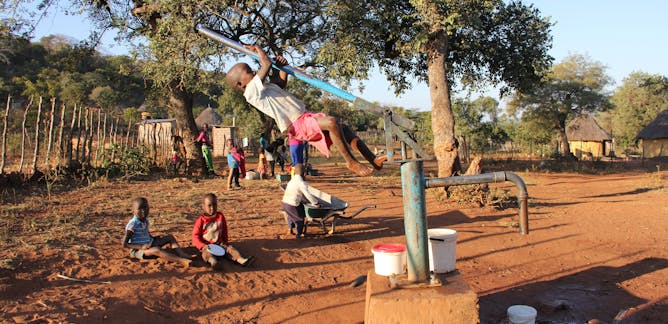
Melissa McHale, Colorado State University; David Bunn, Colorado State University; Eddie Riddell, University of KwaZulu-Natal
Small solutions done properly can play a huge role in dealing with water scarcity.
|
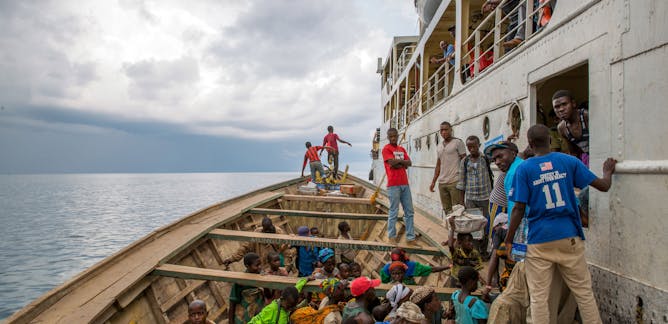
Andrew Cohen, University of Arizona
Climate change, deforestation, overfishing and hydrocarbon exploitation threatens one of Africa's oldest lake's, Lake Tanganyika.
| |
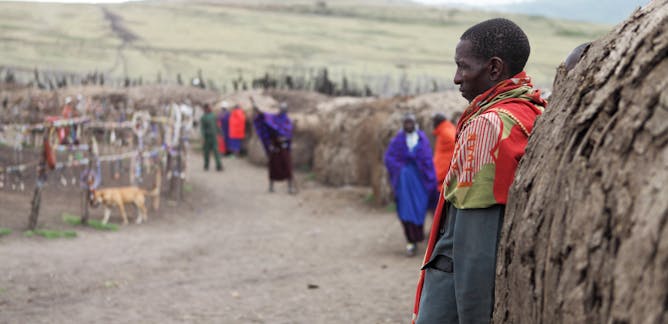
Jeremiah Ogonda Asaka, Middle Tennessee State University
Kenya's wildlife task force promises stakeholder participation needed for sustainable conservation.
|
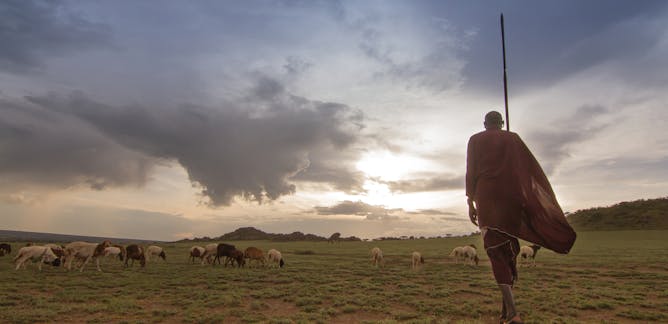
Willem Daniel Lubbe, North-West University
After decolonisation and independence a new conservation document was needed, one that looks after the needs of the people. That's what the Maputo Convention aims to do.
| |
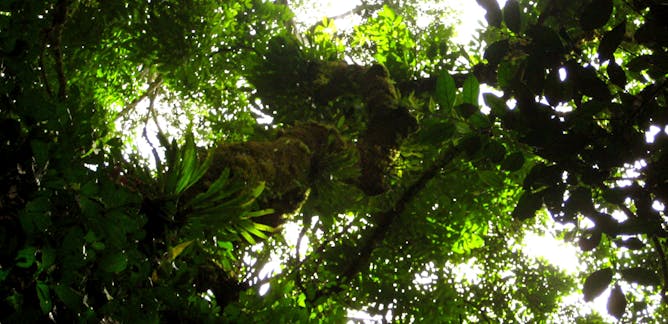
Martin Sullivan, University of Leeds; Oliver Phillips, University of Leeds; Simon Lewis, UCL
It's crucial to know the relationship between biodiversity and carbon storage to assess whether carbon-focused conservation will also protect the most biodiverse forests.
|
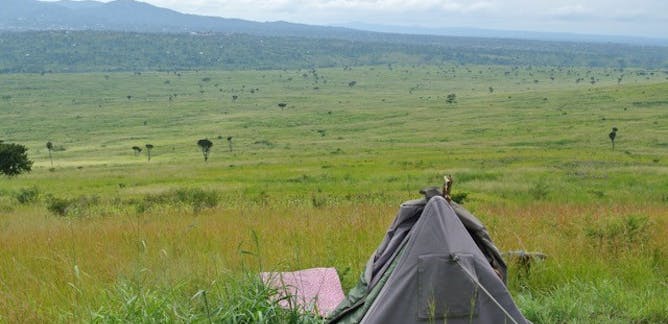
Judith Verweijen, Ghent University; Esther Marijnen, University of Sheffield
The Virunga National Park is home to many people living off the land. Clashes between the army and those illegally extracting resources is causing huge problems for conservation.
| |
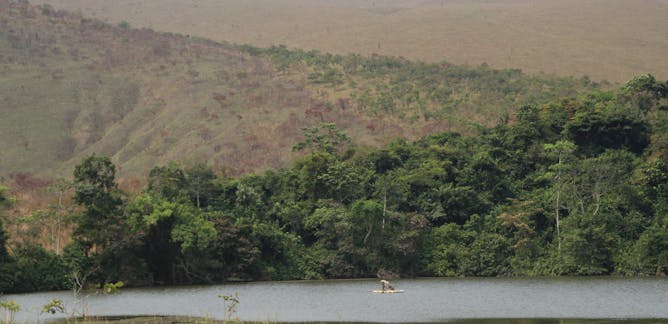
Julie C. Aleman, Université de Montréal
Tropical deforestation can release a huge amount of carbon into the atmosphere, contributing to climate change.
|
|
|
Arts + Culture
|
-
Gwen Ansell, University of Pretoria
Philip Tabane was unlike any other musician. His music was intimately woven into his cosmology and spirituality.
|
|
Education
|
-
Jieun Lee, Korea University
Female teachers can act as role models who enhance girls’ motivation and learning outcomes.
|
|
Business + Economy
|
-
Zavareh Rustomjee, University of Johannesburg
High municipal electricity tariffs pose a serious threat to South Africa's machinery and equipment manufacturing industries.
|
|
From our international editions
|
-
James Geach, University of Hertfordshire
Astronomers have indirectly spotted some of the first stars in the universe by making their most distant detection of oxygen in a galaxy that existed just 500m years after the Big Bang.
-
Melanie Garson, UCL
A decades-long policy of ambiguity means that Israel's chemical arsenal remains the subject of speculation.
-
Seb Eskauriatza, University of Birmingham
As reports of crimes against humanity mount, Colombia's post-conflict justice system is still moving desperately slowly.
|
|